Is Esports actually a sport?
Many people now-adays ask the question of whether or not esports are a real sport. But even with “sports” right there in the name of esports, there is still a lot of room for debate. One of the biggest points of contention lies in the fact that…
So the question you have on your mind may be: “is esports a real sport?’, and today we here at Esports Tower will try to answer that question! Despite sports being intrinsic to the name, one thing that separates the traditional to the contemporary is one word: movement. How can something that is not physically active be qualified as a sport? Well, let us dive in and answer that question!
Esports and What is it?
First and foremost, what is esports and professional gaming? Assuming you found this article because you have no prior knowledge, we’ll approach the question by being as detailed as we possibly can!
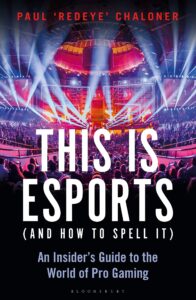
Just like professional sports, esports is built around a competitive structure. Multiple players battle to win, while spectators cheer them on. Professional gamers (known as esports athletes) are gamers who are exceptional at select games. Not unlike traditional sports, athletes choose to specialize in basketball, baseball and football and rarely do you find professionals playing in multiple sports formats. This is also true in esports. The amount of competitors that the esports athlete plays with/against is up to the game that they specialize in, but some games can be 1v1, 3v3, 5v5, and so on. Just like there are 9 players on the field in baseball vs 11 players on the field in football – different games have different structures of gameplay!
↑ Consider this video from one game that is a notable esport, League of Legends.
Watching this video, were you able to feel the palpable excitement that was coming from the fans, the casters, the players?
“It’s the hunger. The fire. The burning desire to perform. It’s the late nights. It’s the grind. It’s the never-quit, grit-your-teeth-and-keep-going attitude…” A very powerful quote from one of the esports industry’s biggest titans, Tyler Blevins aka “Ninja”, a prolific Twitch streamer and esports personality.
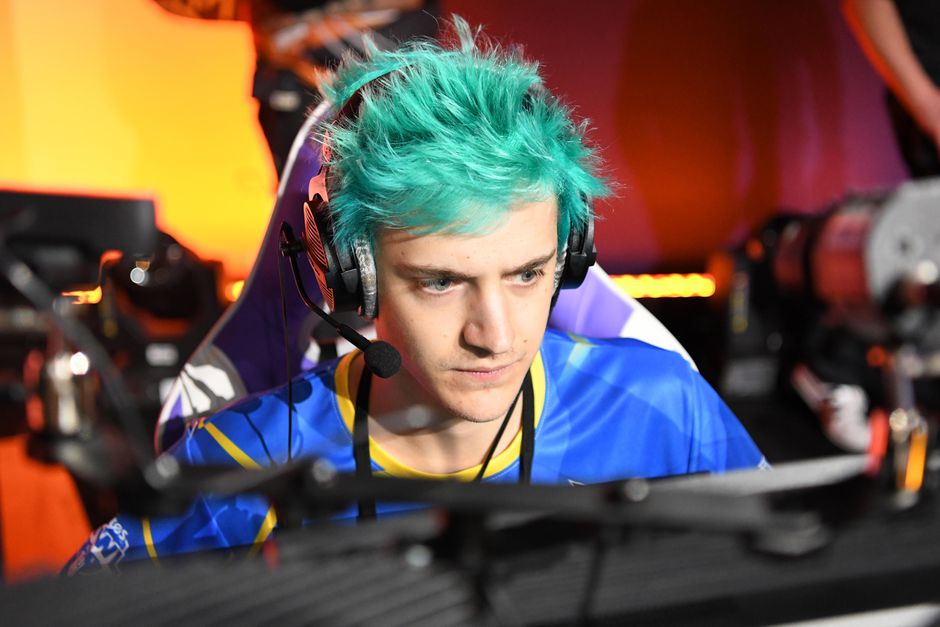
In this quote, Ninja speaks of how players stay up for hours practicing and preparing for that chance in the spotlight. But it can’t be that strenuous…can it?
The Lifestyle and Schedule of Esports Athletes
When a lot of adults think of gaming, what may first spring to mind is playing at the local arcade, or at home with your friends and family for the high score and bragging rights.  But professional gaming is a far departure from this previously held notion. Just putting in 2 hours a day with friends would not make you a professional gamer.
But professional gaming is a far departure from this previously held notion. Just putting in 2 hours a day with friends would not make you a professional gamer.
To give insight as to just how much work these professionals pour into their craft, here’s a snippet from two well-known esports athletes to give their insight into what their day-to-day looks like; Lynnie “of Counter-Strike: Global Offensive organization Team Dignitas and League of Legends team Clutch Gaming Academy’s said, “I wake up around 11:00 AM and reply to all my work emails. Then I get ready around 12-1 PM, cook lunch with my fiancé, or sometimes go out to eat with his family. My afternoons are spent doing whatever I need to get done that day, whether it’s running errands, cleaning the house, prepping dinner, or if I’m lucky and did all that on a different day, I usually spend time with family and friends. 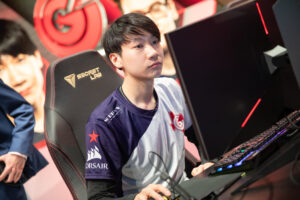 I do all of this until around 5:00 PM, and that’s when I start individual Counter-Strike practice. I’ll watch a demo, review my nades*, play some pugs* or stream* on Twitch. Around 7:00 PM, team practice with Dignitas begins. We take a short break in the middle of practice for dinner then end practice around 11:00 PM. Right after practice, I usually head straight to bed and repeat the next day for 5 days a week!”
I do all of this until around 5:00 PM, and that’s when I start individual Counter-Strike practice. I’ll watch a demo, review my nades*, play some pugs* or stream* on Twitch. Around 7:00 PM, team practice with Dignitas begins. We take a short break in the middle of practice for dinner then end practice around 11:00 PM. Right after practice, I usually head straight to bed and repeat the next day for 5 days a week!”
*nades – grenades
*pugs – pick up games
*stream – live streaming/broadcast of gameplay
The Mentality & Physicality of the Game
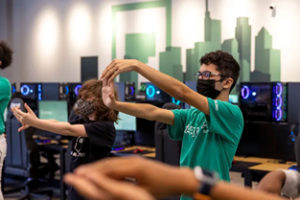 In recent years, it has been found that esports athletes need to be serious about their health if they want to walk the path to becoming a professional. But if the player works really hard, they can have a chance at becoming an esports pro. But what does it take to do it?
In recent years, it has been found that esports athletes need to be serious about their health if they want to walk the path to becoming a professional. But if the player works really hard, they can have a chance at becoming an esports pro. But what does it take to do it?
Well, first and foremost, no matter what sport you are playing, being active and staying on top of your game is important. Studies have shown that plenty of good exercise can give esports athletes 3 major benefits; improved endurance, an increased ability to cope with stress, and improved cognitive function.
So, not only do players seeking to pursue esports as a full-time career need to be phenomenal at video games, but they must also be prepared for the stress that comes with long practice hours, stressful match scenarios, and long nights. Things that can only be done while being in good physical and mental health… just like other athletes.
The Real Serious Earn Real Revenue
When it comes to professional competitions, venues, and feeding the player (and putting a roof over their heads), who does that? To answer that question, we can do a direct 1:1 comparison between traditional sports and esports.
With plenty of cash flowing into the picture, how do esports teams and players earn money? Primarily, through capitalistic means that any American would recognize:
Cash prizes. There is no shortage of prize money available to eSports gaming participants, with single-event cash earnings up to $200,000. Some high-level competitions, like Dota 2 International, earns $10 million to the competition’s winning team. This equates to player incomes of:
- Johan “N0tail” Sundstein – $6.9 million (Dota 2)
- Kyle “Bugha” Giersdorf – $3.2 million (Fortnite)
- Peter “dupreeh” Rasmussen – $1.9 million (CS:GO)
Team salaries. Esports offers regular salaries to team participants, with average salaries in the $3,000-to-$5,000 monthly in gaming hotbeds like China and the U.S. Top echelon players can earn much more, up to $15,000 for a single competition, plus bonuses. Some teams even offer their players perks like health insurance and retirement plans.
Sponsorship money. With major global brands in the picture, esports is raking in that sponsorship cash. Some of that money goes into competition and cash prizes, and some goes directly to team ownership, as is the case with Audi and its sponsorship of the Astralis Counter Strike franchise. Sponsors comprise $456 million of the overall $1.1 billion in eSports revenues this year, Newzoo reports.
Digital streaming. Online competition has also spawned a highly effective and organized network of digital streamers who can earn $4.99 per month per viewer and show esports competitions via platforms like Twitch. Advertising and investment dollars are also starting to flow into the esports arena. Consider the income of these top streamers:
- Ninja. Earnings: $17 million.
- PewDiePie. Earnings: $15 million.
- Shroud. Earnings: $12.5 million.
- TimTheTatman. Earnings: $8 million.
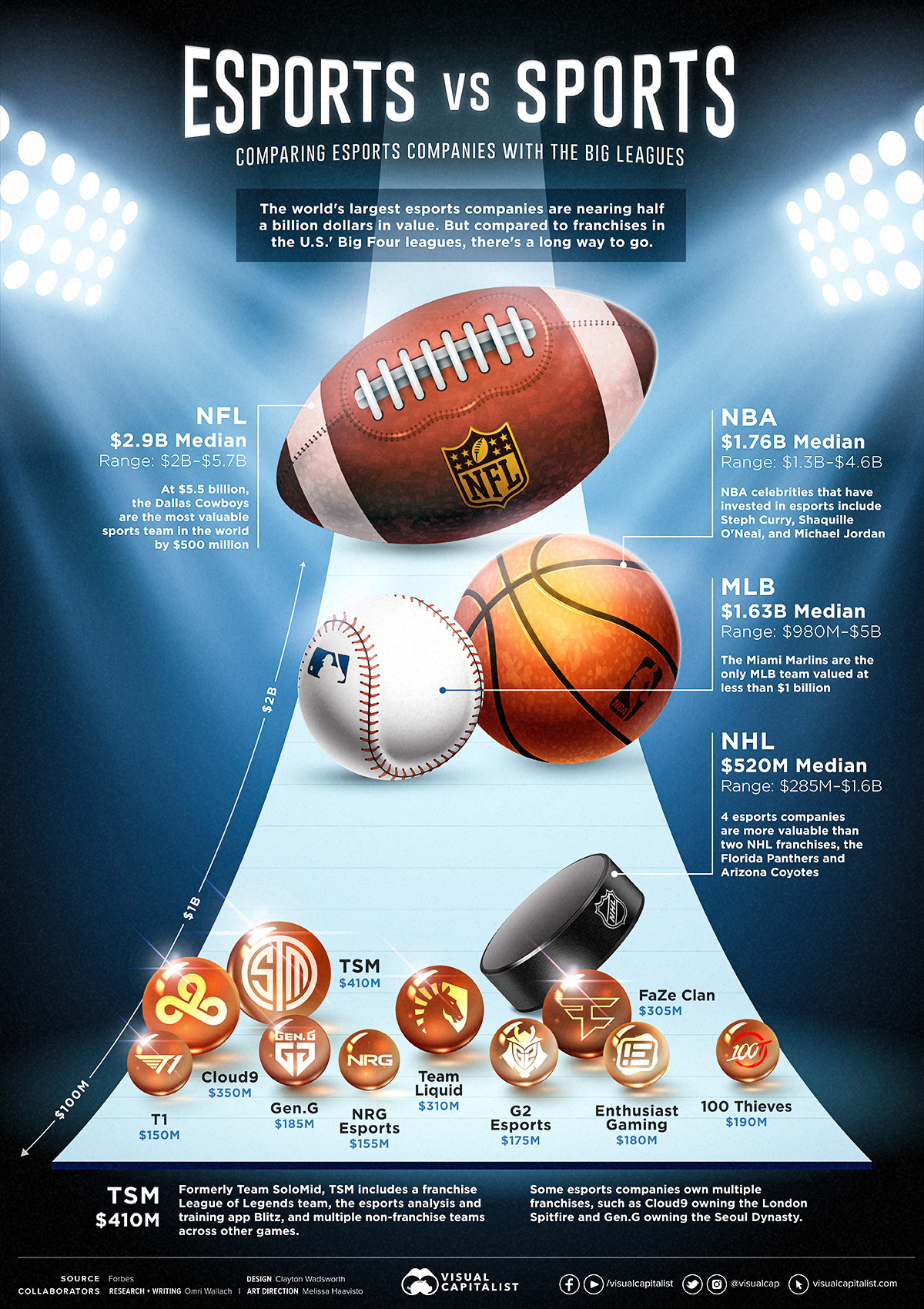
Media rights. According to industry statistics, media rights encompass one-fifth of revenues earned by esports companies and players. Mostly, media rights money is paid out to event organizers and game developers, who pass on some of the cash to teams and players in the form of prize money and bonuses. According to Newzoo, media rights comprise $251 million of the $1.1 billion total esports revenue in 2019.
Merchandising. At $103 million in revenues in 2019, merchandising and tickets are among the top tier leaders in esports payouts. That said, merchandising usually follows the ascension of a sport, as it historically has on the PGA tour, the NFL, the NBA, and in other popular professional sports leagues. Expect both merchandising and ticket revenues to climb as gaming continues to flourish on a global stage. 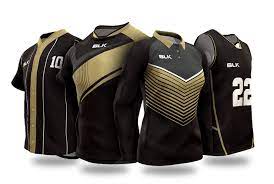
No matter what lens you look at this industry – it’s outpacing traditional sports and due to the nature of play – more people have proven that with hard work and committed training – more average Joe’s can go pro. But to do it, young players need to train and practice just like traditional sports, and that’s where Esports Tower is here to help.
In Conclusion!
Regardless of how you view the esports industry, its accessibility and appeal to younger generations has shown that esports is outpacing traditional sports with no signs of slowing down. Esports have shown that anyone can become a pro with dedication and practice, and Esports Tower is here to provide the right tools and tips to help you make your mark.


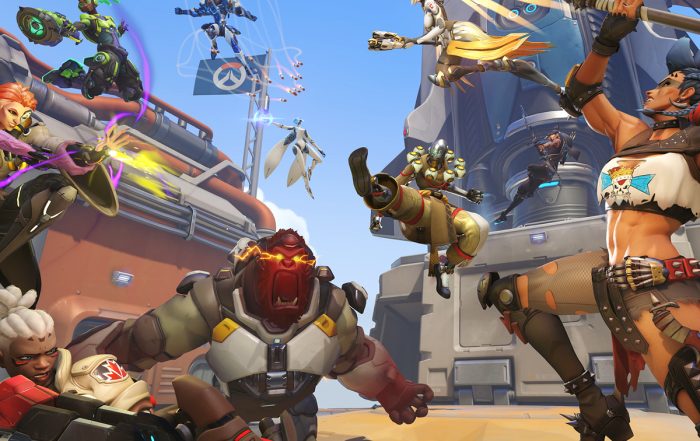
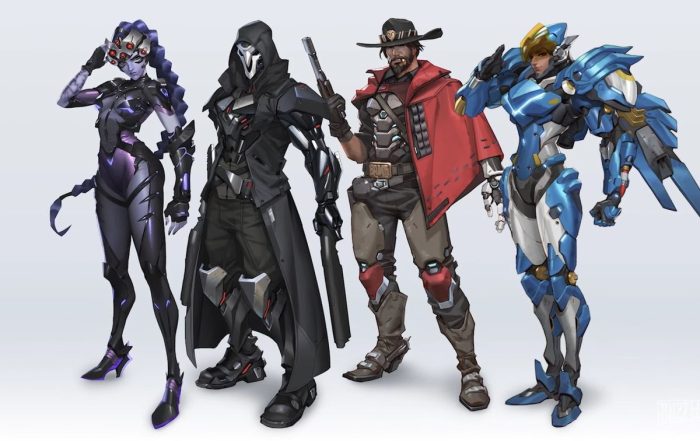
Get Social